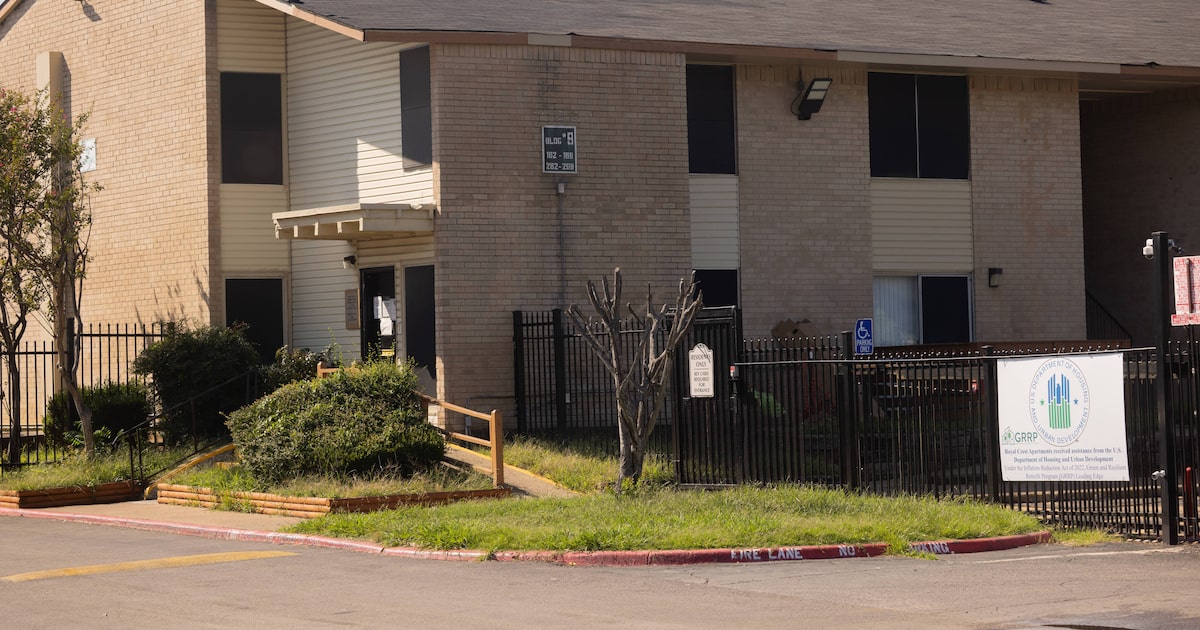Housing finance corporations have been around for decades as a government tool to add to a city’s affordable-housing stock. When used appropriately, these entities, known as HFCs, reward private developers with generous tax exemptions to create housing for moderate- and lower-income families.
Beware “traveling” housing finance corporations, however. They partner with private developers to buy properties in places far beyond the jurisdiction where the finance corporation is based. The deals receive the same tax abatement as a hometown HFC, but with no local oversight. The value of those properties simply vanishes from the local tax rolls.
For example, an HFC from a county in South Texas could arrange a deal with a private developer that provides grant a 100% property tax abatement on an apartment complex in Dallas. The South Texas agency didn’t have to alert Dallas before doing so. As much as $1 billion in value disappeared from Dallas County’s property tax rolls because of traveling HFC acquisitions, according to news reports and a local developer.
For its involvement in a distant deal, a traveling HFC typically receives a fee and a share of the money the developer saves annually because of the tax exemptions. And as a final insult, the developers aren’t even required to keep apartments affordable in these deals.
Opinion
As infuriating as these deals are, they are difficult to unravel without damaging legitimate HFC deals. Lawmakers passed House Bill 21 earlier this year to fix the legal loophole that allowed the traveling HFCs to operate outside their original sponsoring jurisdiction.
An HFC will now be mostly limited to authorizing tax-exempt deals within the jurisdiction that created it. If the HFC wants to participate in a deal beyond its homebase, it must have approval from the city where the property is located and from the local HFC. The revised law also includes several useful provisions to preserve the affordability of future projects, such as requiring tax-exempt properties to accept housing vouchers.
But the Legislature made the provisions retroactive, which may tie up the new rules in court. The Texas Workforce Housing Coalition and a multifamily developer have already sued the Bexar Appraisal District, contending that HB 21 is unconstitutional. A key issue is that HB 21 allows local jurisdictions to reconsider long-term tax exemptions already granted under the previous law. Some appraisal districts have started denying tax exemptions to traveling HFCs.
Traveling HFCs mostly operate in larger Texas cities, many of which are struggling with flat or declining sales tax revenues and cuts in federal funding. Dallas officials are following the issue closely and have challenged the tax exemptions at the appraisal district level. Other North Texas cities should take stock of how their own tax rolls have been affected and review their options.
We welcome your thoughts in a letter to the editor. See the guidelines and submit your letter here.
If you have problems with the form, you can submit via email at letters@dallasnews.com
